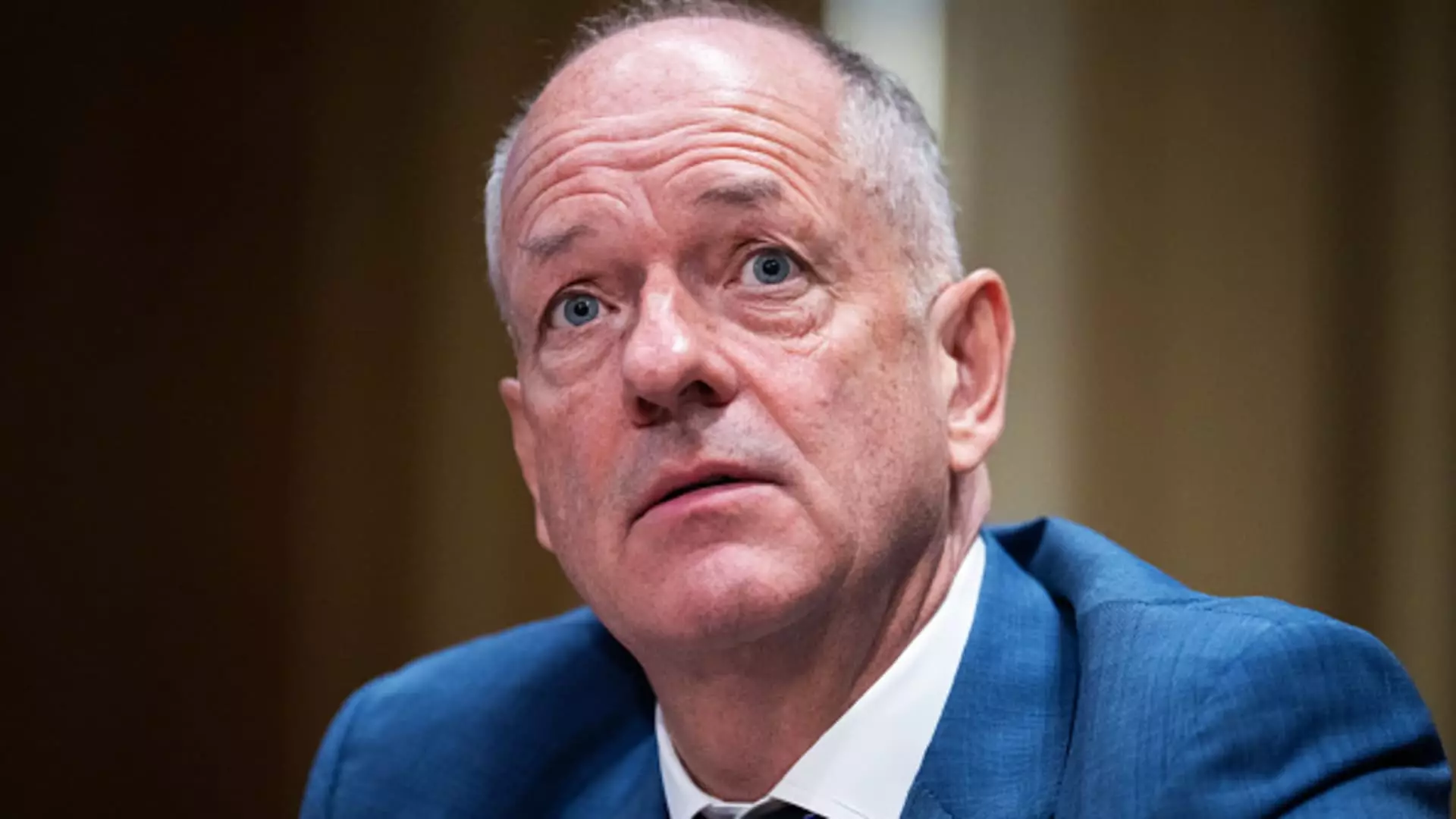The recent death of Brian Thompson, the former CEO of UnitedHealthcare, has struck a poignant chord within the healthcare community. Andrew Witty, the current CEO of UnitedHealth Group, took to the New York Times to express his condolences while also addressing a critical issue— the intrinsic flaws of the U.S. healthcare system. This tragedy has cast a spotlight on not only the loss of a prominent figure but also the pressing need for reform in a system that many deem inadequate and frustrating.
Witty eloquently articulated that the existing healthcare model is far from ideal. He remarked, “No one would design a system like the one we have. And no one did.” This sentiment underscores a crucial reality: the U.S. healthcare system has evolved into a convoluted patchwork effort, pieced together over decades without a coherent vision. Such disorganization has inevitably led to inefficiencies, leaving both patients and providers disillusioned. The sentiments expressed by Witty resonate with many— the demands for a healthcare system that comprehensively meets the needs of its constituents have never been louder.
The Hurdles Faced by Insurers
Following Thompson’s tragic death, waves of criticism have been directed toward the healthcare insurance industry. Critics, including the alleged assailant Luigi Mangione—who held extreme views about the industry’s shortcomings—have spotlighted issues like rising premiums, claim denials, and a fundamental lack of transparency. This has fostered a sense of collective resentment among patients, many of whom have shared distressing experiences regarding their insurance plans on social media.
While insurers like UnitedHealthcare strive to maintain profitability, they find themselves under increasing scrutiny. Witty acknowledges that improvement is mandatory. He stresses the crucial need for greater transparency and better communication about what insurance coverage entails. This is a direct response to a public demand for clarity and accountability from an industry historically perceived as obscure and elusive.
Witty positions UnitedHealth Group as willing to collaborate across the vast spectrum of stakeholders within the healthcare ecosystem. “We are willing to partner with anyone,” he asserted, suggesting that collective action involving healthcare providers, employers, and even government entities is crucial for making substantial progress. The hope here is for an integrated approach to reform— one that encompasses improving care delivery while effectively lowering costs.
Harmonizing the interests of various players in the healthcare arena is undoubtedly a complicated feat. However, it is paramount that discussions surrounding health care transitions from a blame-oriented dialogue to one that prioritizes solutions. By addressing the underlying challenges with empathy and openness, the industry can work toward restoring faith in healthcare.
A Legacy of Navigating Difficult Terrain
In his reflection, Witty noted Thompson’s commitment to helping patients successfully navigate the convoluted healthcare landscape. This testament to Thompson’s legacy highlights the essential role insurance companies play in the lives of everyday Americans. The journey ahead calls for not just a reevaluation of existing policies but a groundbreaking transformation that prioritizes patient needs, fuels collaboration, and ultimately, fosters a more functional healthcare system.
While the void left by Thompson’s death is deeply felt, it serves as a critical reminder of the ongoing struggles within the U.S. healthcare system. The call for reform is not just opinion; it is a collective demand for change. The ability to listen and adapt will determine the future of American healthcare.

